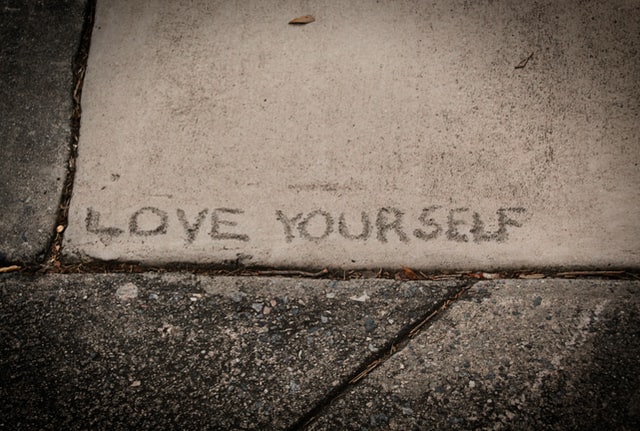I am very grateful to be asked to not only write a blog; Why would I talk to me like that? but also to host a Twitter chat. As this was my first time hosting such an event, I must confess to feeling apprehensive (some inner dialogue kicking in) but once it got going, I really enjoyed it and was very thankful for the wonderful contributions. You can see them summarised on the Wakelet and what a great resource it is.
Here are a few brief reflections on the themes we chatted about.
The triggers for negative dialogue are numerous and varied. Perceived threat, loss or disappointment, slightly negative feedback and the behaviour of colleagues were some of the examples shared. So, as with most things it will be down to the individual experience. I suppose we need to be watchful and pay attention to our triggers and achieve a state of readiness to deal with it.
Contributors gave some excellent tips on dealing with this and how to deal with ‘nerves’ specifically. It seems adopting a Wonder Woman pose before entering THAT meeting can create a resourceful state and when we do that, our very physiology and how we behave can have a positive effect on the outcome. Telling ourselves we are ‘excited’ helps turn nerves to adrenaline and brings out our inner Springsteen (and he knows how to work an audience). Also recalling a positive moment in our lives and immersing ourselves in the intensity of the positive feelings in that moment can create state. I still recall the precise moment of getting a phone call saying I had been successful in a major contract I had put a lot of work into. I can visualise where I was, feel the sun on my face and hear the woman’s voice delivering the news. It can feel as intense today as it was back then. It creates in me a state of excitement, coupled with certainty and accomplishment, taking me to a good space. Give it a try!
We also asked whether ‘imposter syndrome’ was on the increase or if we are just hearing about it now. Contributors said they welcomed hearing about the term as it meant they were not alone, that ‘it’s not just me’. There were views expressed that suggested it could be more prevalent in women than men and it seems entirely possible that particular demographics, for systemic reasons, may be more prone to feeling ‘I don’t belong here’.
I think we need to be mindful of this in the way we lead and manage others and our contributors pointed to a safer, more inclusive and empathetic style of leadership that perhaps we’ve seen the beginnings of during covid.
Finally, we looked at what I described as ‘grace’ in the blog; being forgiving of ourselves. ‘Love your neighbour as yourself’ (my emphasis), was quoted by one contributor, making the point beautifully we still need to make sure we do the latter. We need to recognise our own positive intentions and if we aren’t always going to get it right, we have to be able to let go, and forgive our shortcomings.
I would like to thank all of the contributors for their wisdom and insights and creating a rather special resource, one we can all return to when our inner dialogue is about to take control and serve us badly.
Let’s all be kind to ourselves and to others and just maybe we can start a movement around a more positive and healthy dialogue in our lives.
John Drysdale is an Executive Coach, Facilitator and Trainer, working mainly in the Higher Education sector. He leads an ILM accredited centre for training coaches and mentors as well as being a licensed coach for Asentiv © global leaders in relationship development.
John loves to help people be the best they can be and specifically encourages others to create a personal vision that encompasses all aspects of life. He is a musician, a runner and a charity trustee outside of the day job and lives in the beautiful Kingdom of Fife, Scotland.
Twitter @nogurultd
